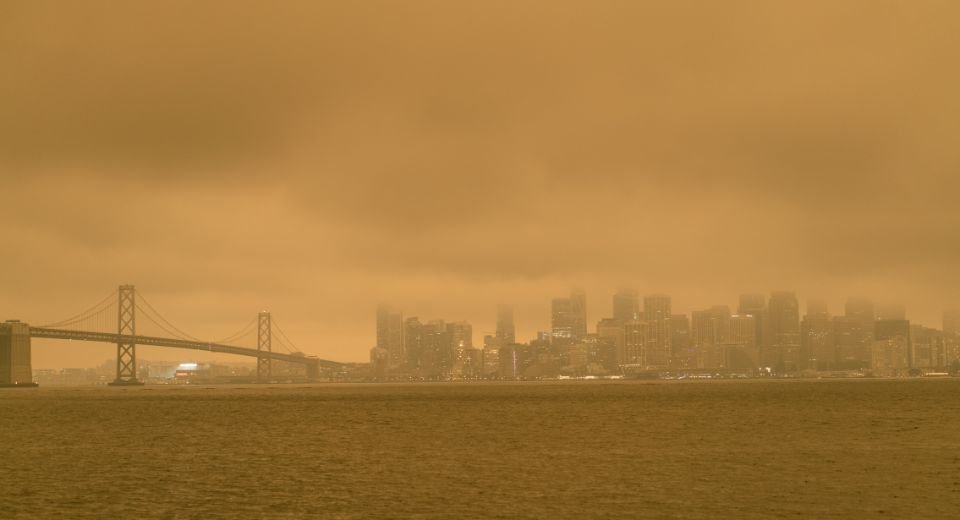HQ Team
September 7, 2023: Extreme heat due to climate change, combined with wildfires and desert dust, is having a pernicious effect on air quality, human health and the environment, a WMO report stated.
It is not just high temperatures that are a hazard. The impacts of resulting pollution are often overlooked, according to the 2023 WMO Air Quality and Climate Bulletin.
Data gathered by the World Meteorological Organisation showed how heatwaves triggered wildfires in the northwestern United States and heatwaves accompanied by desert dust intrusions across Europe led to dangerous air quality in 2022.
It included case studies from Brazil on how parks and tree-covered areas within cities can improve air quality, absorb carbon dioxide and lower temperatures, thus benefiting inhabitants.
Affecting daily lives
Climate change caused by heat-trapping greenhouse gases from human activities is a long-term global threat. In contrast, air pollution happens on a timescale of days to weeks and tends to be more localized.
Pollutants include short-lived reactive gases such as nitrogen oxides and biogenic volatile organic compounds which lead to the production of ozone — a trace gas that is both a common air pollutant and a greenhouse gas.
Other pollutants include particulate matter (PM) — a wide range of tiny particles often called aerosols suspended in the atmosphere, which harm human health.
Earth has just experienced its hottest August on record – by a large margin. The three-month period leading up to August was also the hottest ever.
“Heatwaves worsen air quality, with knock-on effects on human health, ecosystems, agriculture and indeed our daily lives,” said WMO Secretary-General Prof Petteri Taalas. “Climate change and air quality cannot be treated separately. They go hand-in-hand and must be tackled together to break this vicious cycle,” he said.
From Atlantic to Artic
“Wildfires have roared through huge swathes of Canada, caused tragic devastation and death in Hawaii, and also inflicted major damage and casualties in the Mediterranean region.
“This has caused dangerous air quality levels for many millions of people, and sent plumes of smoke across the Atlantic and into the Arctic,” said Prof Taalas.
There was a close link between heatwaves and wildfires, said Dr Lorenzo Labrador, a WMO scientific officer in the Global Atmosphere Watch network, which compiled the bulletin.
“Smoke from wildfires contains a witch’s brew of chemicals that affects not only air quality and health but also damages plants, ecosystems and crops – and leads to more carbon emissions and so more greenhouse gases in the atmosphere.”
The WMO released the report to coincide with the International Day for Blue Skies on September 7.
Air quality and climate are interconnected because the chemical species that affect both are linked.
‘Dog days of summer biting’
The substances responsible for climate change and for the degradation of air quality are often emitted by the same sources and changes in one inevitably cause changes in the other.
Air quality in turn affects ecosystem health because air pollutants such as nitrogen, sulfur and ozone are absorbed by plants, harming the environment and reducing crop yields.
“Our planet has just endured a season of simmering – the hottest summer on record,” said UN Secretary-General António Guterres, warning that “climate breakdown has begun”.
“The dog days of summer are not just barking, they are biting”, continued the UN chief, describing the consequences of humanity’s unleashed fossil fuel addiction.
As the climate crisis provokes extreme weather worldwide, the UN Secretary-General called on leaders to “turn up the heat now for climate solutions.”
